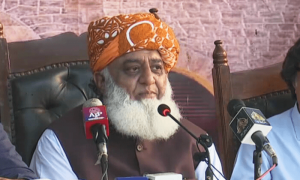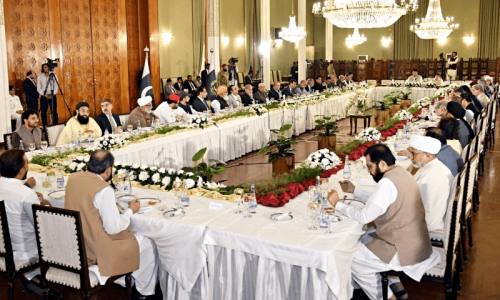EXPORTERS and traders have joined hands to deprive farmers of the rightfully due paddy price. Basmati prices shot up to $2,000 per ton after the imposition of Minimum Export Price (MEP) in April-May 2008. This step has uncovered the difference in prices and foreign exchange earnings which multiplied for the same quantity of exports because the average unit price increased from $667 to $1,500 per ton.
Not only the average unit price showed an increase of 125 per cent, the exports also rose in quantity by 47 per cent from 1,40,764 metric tons in May-June 2007 to 2,07,909 metric tons in May-June this year.
This step added an increase of nearly $211 million over the earnings of the preceding year. The issue today is that the manipulated low prices of Basmati do not correspond to the rates at which it is being exported. Even during the two months of July and August this year, the prices of Basmati fetched an average price of $1,511 per ton. The above facts speak louder than words and give a true picture of the existing scenario of Basmati exports.
Farmers feel that the MEP on Basmati should remain at $1,500 for Super and $1,300 for Basmati as we have a comparative edge in this product and can earn increased foreign exchange. There is no need to reduce the MEP. We need to export more of Basmati to avail the opportunity.
Basmati growers have spent nearly double the amount on a bag of urea which rose from Rs525 to Rs900 per bag and DAP rose from 1,000 to Rs3,200 per bag. The rate of HSD has also shot up from Rs32 to Rs65 per litre.
The rate of mark up has risen from eight per cent to 16 per cent. Electricity prices are also on the rise and so is the cost of living and labour.
The traders’ plans to deprive Basmati farmers of the benefits are unethical and against all norms of fair play. The Basmati growers contribute $4 billion worth of the commodity to the national economy.
The strategy to deny farmers the fruits of increased prices received from international buyers has to fail or the Basmati production would suffer. It is also important to note that while wholesale prices have reduced to Rs2,800 i.e. Rs70/kg the consumer continues to be fleeced at above Rs4,000/- i.e. Rs100/kg.
Thus the traders continue to fleece consumers on one hand and deprive farmers of the true price of their produce on the other. This is a very unjust strategy.
The government should refrain from listening to the fake clamour of the trade circles and expedite efforts to ensure Rs2,000/per 40Kg for Basmati paddy to farmers.
CHAUDHRI HAMID MALHI
President, Basmati Growers’ Association













































Dear visitor, the comments section is undergoing an overhaul and will return soon.